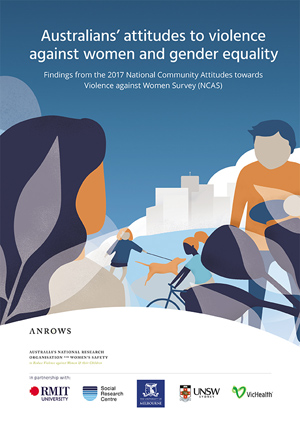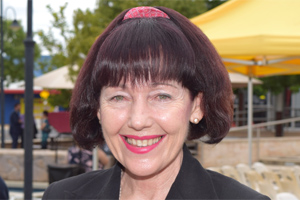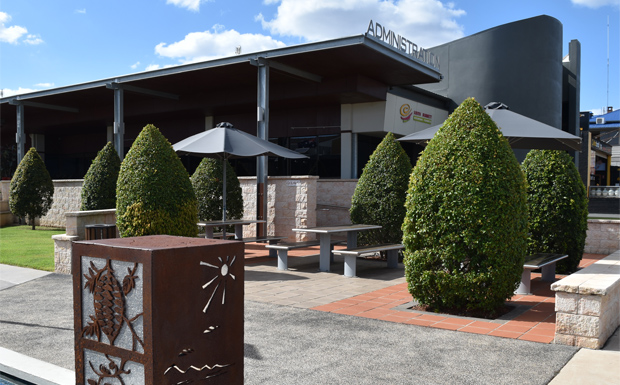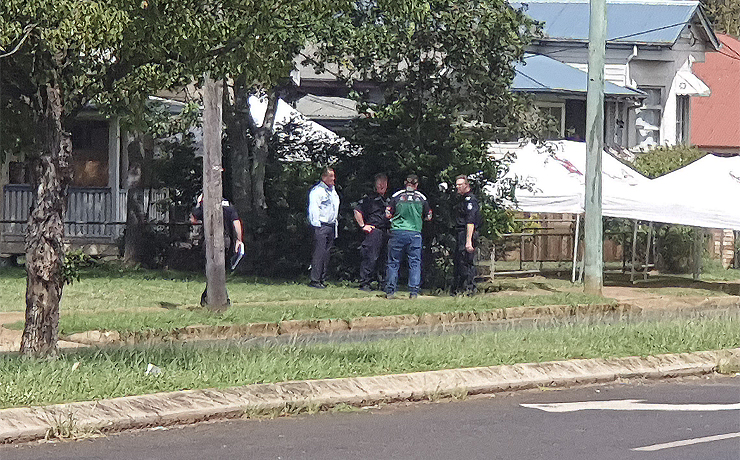
November 30, 2018
A major study released on Friday has found a disturbing number of Australians still hold views about women the majority would find sexist or harmful.
However, overall attitudes towards gender equality and violence against women are improving.
The National Community Attitudes towards Violence against Women Survey (NCAS) found 21 per cent of respondents believed that “sometimes a woman can make a man so angry he hits her when he didn’t mean to”, and one-in-three believe rape results from men not being able to control their need for sex.
Almost a quarter (23 per cent) think many women exaggerate the problem of male violence and 42 per cent think it is common for sexual assault accusations to be used as a way of getting back at men.
When it comes to consent, 30 per cent believe that if a woman sends a nude image to her partner, she is partly responsible if he shares it without her permission.
And 20 per cent believe that “since women are so sexual in public, it’s not surprising that some men think they can touch women without their permission”.
The survey was conducted by Australia’s National Research Organisation for Women’s Safety (ANROWS).
It is the world’s longest running survey of community attitudes towards violence against women, with a representative sample of 17,500 Australians aged 16 years and over.
It has tracked the changing attitudes of Australians since 1995, with the last two surveys released in 2009 and 2013.
The survey is delivered in partnership with RMIT University, the Social Research Centre, The University of Melbourne, the University of New South Wales and VicHealth.
ANROWS said the results showed attitudes were fairly consistent across Australia, regardless of location and socioeconomic status.
CEO Dr Heather Nancarrow said the discrepancy between many Australians’ knowledge and the evidence was worrying.
“Despite an increase in the number of high-profile cases of sexual violence in the media, such as those involved in the #MeToo movement, it is deeply concerning that so many Australians are still not believing women who come forward with claims of violence and sexual assault,” she said.
VicHealth CEO Jerril Rechter, which led the NCAS study in 2009 and 2013, said it was unacceptable that many in the community were quick to dismiss or explain away women’s experiences of sexism, violence and abuse.
“There has been a continued decline in the number of people who realise that women are the primary victims of domestic violence, which is ludicrous when we consider that violence against women is still the leading preventable contributor to death and disease in women aged 18-44,” she said.
Dr Nancarrow said although there were many concerning findings, the survey showed that overall, attitudes towards gender equality and violence against women were improving.
“Momentum towards ending violence against women is clearly building in Australia. We must continue our efforts and capitalise on the gains being made, so that we can build a safe and respectful future for all,” she said.
* * *
Other Key Findings:
- 20 per cent believe that “a lot of what is called domestic violence is really a normal reaction to day-to-day stress and frustration”
- 32 per cent believe that a female victim who does not leave an abusive partner is partly responsible for the abuse continuing
- 50 per cent believe that women mistakenly interpret “innocent” remarks or acts as being sexist
- 40 per cent think women exaggerate how unequally women are treated
- 36 per cent believe many women fail to appreciate all that men do for them.
Most Australians have a good understanding of the problem of violence against women, with 72 per cent acknowledging it is common (up from 68 per cent in 2013).
- 40 per cent say they would not know where to get help for a domestic violence issue
- 12 per cent are not aware that it is against the law for a man to force his wife to have sex with him, and a further 7 per cent said they “did not know”.
There has been a consistent decline in understanding that women are more likely to be sexually assaulted by someone they know than by a stranger (64 per cent, down from 70 per cent in 2009 and 76 per cent in 1995).
Most people agree men and women can play a range of roles regardless of gender, however 14 per cent still think men are more capable in politics and in the workplace.
- 25 per cent think women prefer men to be in charge of a relationship
- 34 per cent believe that it is normal for a man to want to appear in control of his partner in front of his male friends.
* * *
- External link: The full NCAS research report is available online























